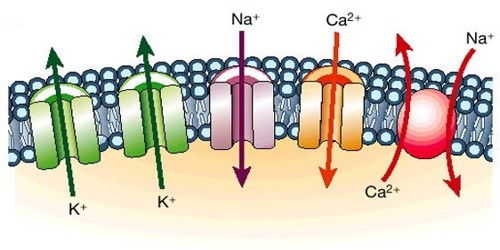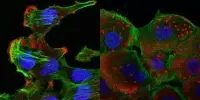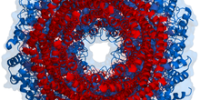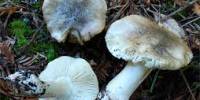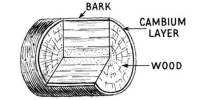Ion channels are pore-forming proteins that help to establish and control the small voltage gradient across the plasma membrane of all living cells by allowing the flow of ions down their electrochemical gradient. They are present in the membranes that surround all biological cells. They are present in the membranes of all excitable cells. They are macromolecular protein complexes spanning the lipid bilayer of the cell membrane Hille. They are usually classified by gating i.e. the stimulus that ‘opens’ the channel, be it chemical or mechanical stimuli. They are key components in a wide variety of biological processes that involve rapid changes in cells, such as cardiac, skeletal, and smooth muscle contraction. Malfunction of ion channels can cause diseases in many tissues. They are also involved in non-genetic diseases, such as diarrhea, which is mediated by toxicological effects on ion channel function.
An ion channel is an integral membrane protein or more typically an assembly of several proteins. Hundreds of different types of ion channels have been identified in the membranes of all biological cells. They are essential for life and play a fundamental role in physiological processes such as muscle contraction and nutrient transport. Many ion channels (e.g. K+, Na+, Ca2+, HCN and TRP channels) share several structural similarities which suggest that they have evolved from a common ancestor.
The 2003 Nobel Prize in Chemistry was awarded to Peter Agre and Roderick MacKinnon for their discovery of ion channels, especially for their studies of the “tiny transportation tunnels” in cell walls.
